
Find Help
More Items From Ergsy search
-

Do I need to pay back Household & Cost-of-Living grants?
Relevance: 100%
-

What are Household & Cost-of-Living Support grants?
Relevance: 83%
-
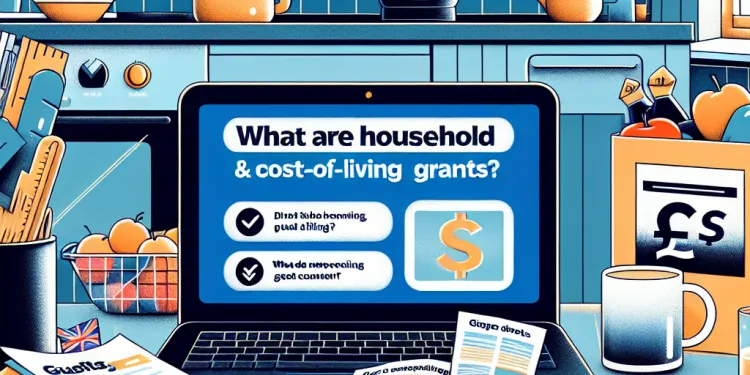
What are Household & Cost-of-Living Support grants?
Relevance: 81%
-
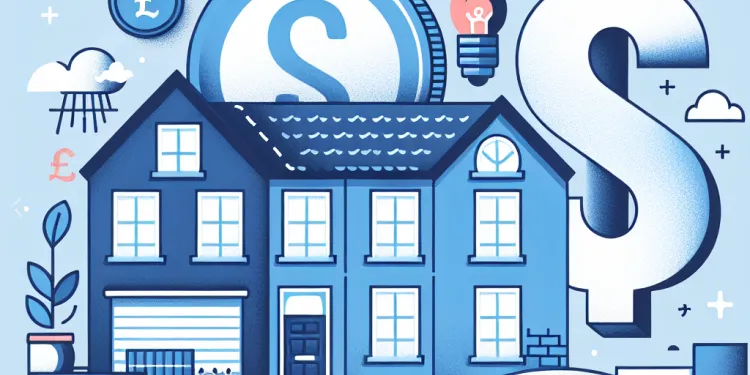
Who is eligible for Household & Cost-of-Living Support grants?
Relevance: 77%
-
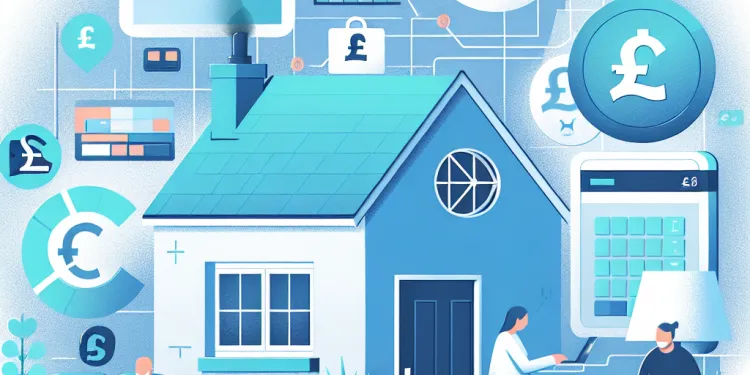
Who is eligible for Household & Cost-of-Living Support grants?
Relevance: 76%
-

How can I apply for a Household & Cost-of-Living Support grant?
Relevance: 75%
-

What Household & Cost‑of‑Living Support grants may be available to me?
Relevance: 62%
-
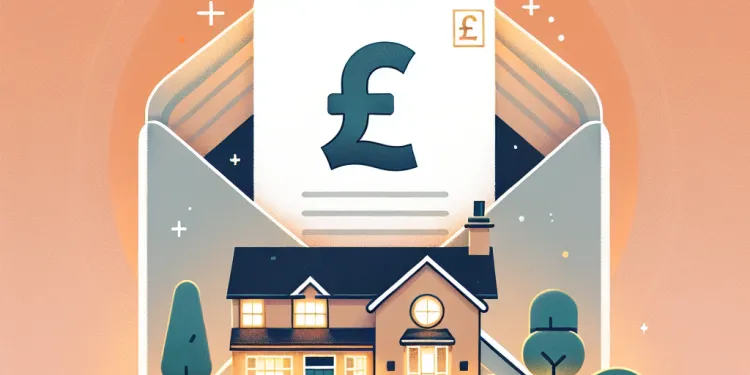
How can I apply for a Household & Cost-of-Living Support grant?
Relevance: 56%
-

Who is eligible for the EV grant in the UK?
Relevance: 45%
-

What is the Sure Start Grant in the UK?
Relevance: 43%
-

Are these grants taxable?
Relevance: 43%
-
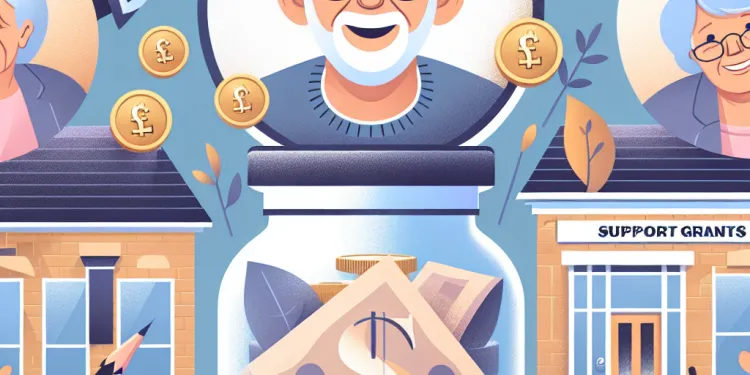
Are there support grants specifically for seniors?
Relevance: 41%
-

How much is the Sure Start Maternity Grant?
Relevance: 41%
-

How does the EV grant affect the purchase price?
Relevance: 40%
-

Is there a grant for electric vans?
Relevance: 39%
-

What is the Sure Start Grant?
Relevance: 39%
-

Can students apply for Cost-of-Living support?
Relevance: 39%
-

Do I need to repay the EV grant?
Relevance: 39%
-

How do I apply for the EV grant?
Relevance: 39%
-

How much is the EV grant in the UK?
Relevance: 39%
-
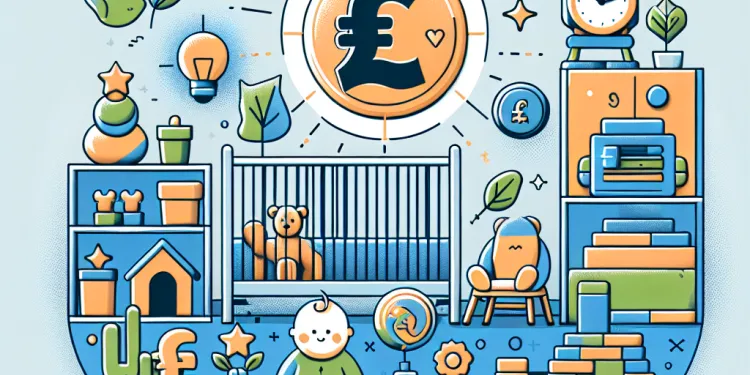
What is the Sure Start Grant?
Relevance: 38%
-

Is the EV grant available for leased vehicles?
Relevance: 38%
-

What is the current EV grant amount in the UK?
Relevance: 38%
-
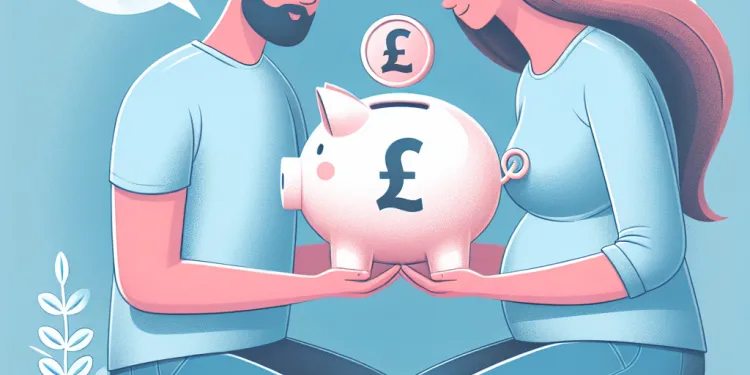
How much is the Sure Start Maternity Grant?
Relevance: 38%
-

Is the EV grant amount deducted from taxes?
Relevance: 38%
-
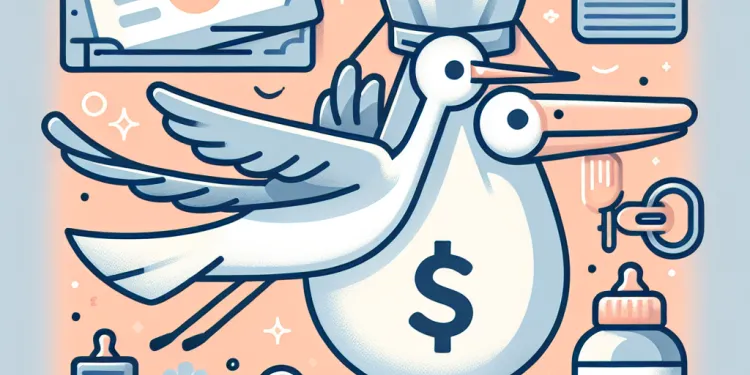
What is the Sure Start Maternity Grant?
Relevance: 37%
-

What is the Sure Start Maternity Grant?
Relevance: 37%
-
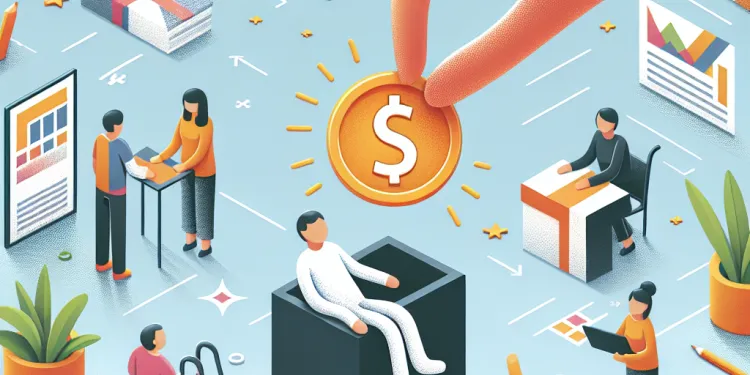
Are there grants specifically for individuals with disabilities?
Relevance: 37%
-

What is the UK Plug-in Car Grant?
Relevance: 37%
-

Is the EV grant available for electric vans?
Relevance: 37%
-

Is there a deadline for the Plug-in Car Grant?
Relevance: 37%
-

Does the EV grant apply to hybrids?
Relevance: 37%
-
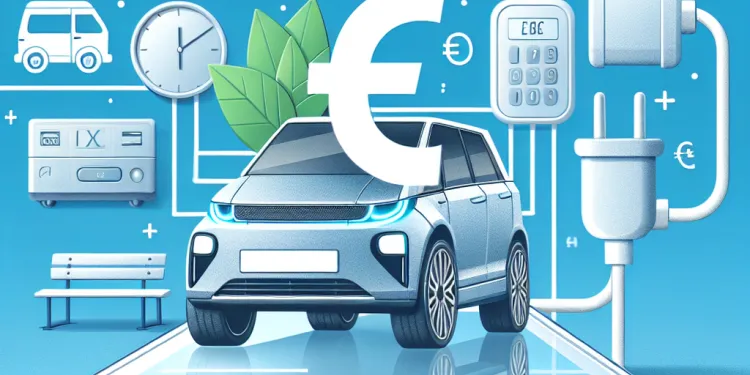
Can businesses claim the EV grant?
Relevance: 37%
-
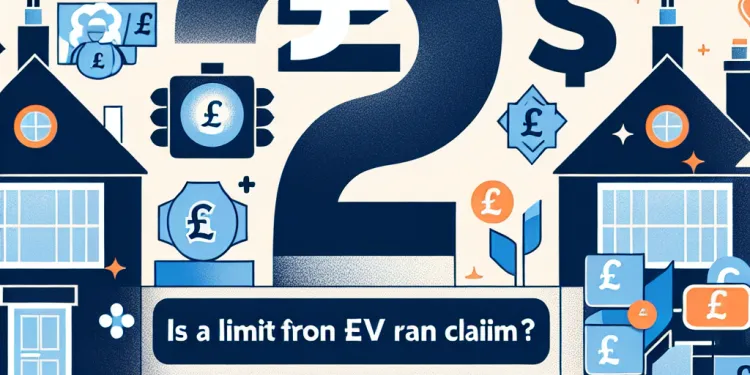
Is there a limit to how many EV grants I can claim?
Relevance: 37%
-

How do I apply for the Plug-in Car Grant?
Relevance: 37%
-

What documentation is needed to receive the EV grant?
Relevance: 36%
-
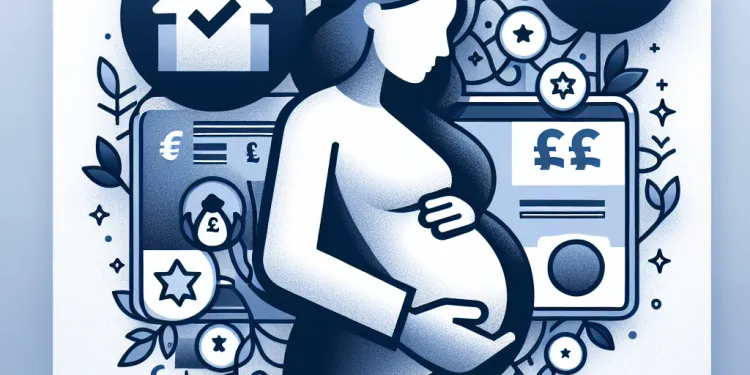
Who is eligible for the Sure Start Maternity Grant?
Relevance: 36%
-

Can I apply for the Plug-in Car Grant directly?
Relevance: 36%
-

Has the EV grant amount changed recently?
Relevance: 36%
-

Where can I apply for the EVHS grant?
Relevance: 36%
Understanding Household & Cost-of-Living Grants
Household and cost-of-living grants have become vital for many families and individuals facing financial challenges in the UK. These grants are designed to help ease the financial burden by providing necessary funds to cover essential expenses. Understanding what these grants entail and whether they need to be repaid is crucial for recipients. This article delves into the specifics of these grants and offers clarity on repayment obligations.
What are Household & Cost-of-Living Grants?
Household and cost-of-living grants are financial assistance programs provided by the UK government, local councils, or charitable organizations to support low-income families and individuals struggling to make ends meet. These grants aim to cover essential living costs, such as housing, utilities, groceries, and other basic needs. Unlike loans, grants are typically awarded based on need rather than creditworthiness, making them accessible to those in vulnerable financial situations.
Eligibility for the Grants
Eligibility criteria for these grants can vary depending on the provider. Generally, they are targeted towards households with low income, those receiving certain benefits, or individuals facing unexpected financial hardship. Applicants may need to provide evidence of their financial situation, such as income statements, benefit letters, or details of their expenses. The goal is to ensure that the funds reach those who most need them.
Repaying Household & Cost-of-Living Grants
The question of repayment is a common concern among grant recipients. Generally, household and cost-of-living grants are non-repayable, meaning recipients do not have to pay the money back. These grants are intended as gifts to alleviate financial pressure rather than loans that require repayment. This makes them an attractive option for individuals struggling to manage their costs amid rising living expenses.
However, there are specific circumstances under which repayment could be required. For instance, if a recipient was found to have provided false information during the application process, they might need to repay the grant. It is crucial for applicants to provide accurate and honest information when applying to avoid complications. Additionally, repayment terms may differ if a particular grant comes with specific conditions attached, so it is important to read the terms carefully.
Conclusion
In conclusion, household and cost-of-living grants are a valuable resource for many UK residents needing financial assistance. Their non-repayable nature makes them an appealing support mechanism during challenging times. However, recipients must ensure they meet the eligibility criteria and provide truthful information when applying. Individuals concerned about their financial future should consider reaching out to appropriate services to explore the available grant options and understand their rights and obligations fully.
Understanding Household & Cost-of-Living Grants
Household and cost-of-living grants help families and people who need money in the UK. These grants give money to help pay for important things. It is important to know what these grants are and if you have to pay them back. This article explains more about these grants and if you need to repay them.
What are Household & Cost-of-Living Grants?
Household and cost-of-living grants are money from the UK government, local councils, or charities. They help families and people with low income. These grants pay for things like rent, bills, food, and other important needs. Unlike loans, you do not need a good credit score to get these grants. They are for people who really need help with money.
Eligibility for the Grants
Who can get these grants? It depends on who is giving the money. Usually, they are for people with low income, those who get certain benefits, or people who have unexpected money problems. You might need to show proof of your money situation, like income papers or bills. This helps make sure the money goes to people who need it most.
Repaying Household & Cost-of-Living Grants
Do you need to pay the grants back? Usually, no. Household and cost-of-living grants are gifts to help with money problems, not loans to pay back. But, if someone lies on their application, they might have to repay the grant. It is very important to be honest when applying. Sometimes, a grant might have special rules about repayment, so it is important to understand these before accepting a grant.
Conclusion
In summary, household and cost-of-living grants help many people in the UK who need money. You usually do not have to repay them, which makes them very helpful. But you need to make sure you are eligible and honest in your application. If you need help with money, think about contacting services that can help you find grants and understand what you need to do to apply.
Frequently Asked Questions
Do I need to pay back the Household & Cost-of-Living grants?
No, these grants are typically non-repayable financial assistance meant to help with everyday expenses.
Are Household & Cost-of-Living grants considered loans?
No, these grants are not loans and usually do not require repayment.
What are Household & Cost-of-Living grants used for?
These grants are designed to help cover essential expenses like rent, utilities, food, and other living costs.
Can I be asked to return Household & Cost-of-Living grants under any circumstance?
Typically, you wouldn't need to return a grant unless it was received fraudulently or by mistake.
Do I report Household & Cost-of-Living grants on my taxes?
It depends on your local tax laws. Generally, grants may not be taxable, but specific rules can vary by jurisdiction.
How do I qualify for Household & Cost-of-Living grants?
Qualification criteria vary, but they often include income level, residency status, and financial need.
Are there any limits on how I can spend Household & Cost-of-Living grants?
You are typically expected to use these funds for necessary living expenses, although exact restrictions can depend on the program.
Where can I apply for Household & Cost-of-Living grants?
Applications are often available through government websites or local community organizations.
How long does it take to receive Household & Cost-of-Living grants?
The processing time can vary based on the program and the completeness of your application.
Are Household & Cost-of-Living grants available for students?
Yes, there are often grants specifically for students to help with their living expenses while studying.
Do Household & Cost-of-Living grants affect my eligibility for other benefits?
Receipt of these grants might affect eligibility for means-tested benefits, depending on local regulations.
What documentation is required for applying to Household & Cost-of-Living grants?
Commonly required documents include proof of income, identification, and residency status.
Are Household & Cost-of-Living grants only for low-income families?
While many programs target low-income families, some grants are available based on other criteria.
Can I receive more than one Household & Cost-of-Living grant simultaneously?
This depends on the specific rules of each program, but it can be possible to receive multiple forms of assistance.
Is there an application deadline for Household & Cost-of-Living grants?
Many programs have specific application windows or deadlines, so it's important to check the details for each program.
Can undocumented immigrants apply for Household & Cost-of-Living grants?
Eligibility often depends on residency status, but some programs may be open to undocumented immigrants.
Who funds Household & Cost-of-Living grants?
These grants can be funded by government agencies, non-profits, or charitable organizations.
Are there resources to help fill out applications for Household & Cost-of-Living grants?
Yes, many community organizations offer assistance with grant applications.
What happens if I misuse the Household & Cost-of-Living grant money?
Misuse could result in losing the grant, being required to repay it, or facing legal consequences.
How frequently are Household & Cost-of-Living grants reviewed or renewed?
The review or renewal period can vary, with some grants requiring periodic re-evaluation based on ongoing need.
Do I have to give back the Household & Cost-of-Living money?
This means: If you get money to help with bills and living costs, do you need to return it later?
Tools to help:
- Ask someone you trust to explain it to you.
- Use picture cards or diagrams to understand better.
No, you do not have to pay back these grants. They are money to help you pay for things you need every day.
Are Household & Cost-of-Living Grants Loans?
Grants are gifts of money. They help pay for things. You do not have to pay grants back.
- Grants are not loans.
- Loans are money you must pay back.
You can use a dictionary or ask someone to explain any words you do not understand.
No, these grants are not loans. You usually do not have to pay them back.
What Are Household & Cost-of-Living Grants For?
Household and Cost-of-Living Grants give people money to help pay for things at home.
These grants can help with:
- Buying food
- Paying for electricity and water
- Getting clothes
- Paying for transport
If reading is hard, you can ask someone to help. You can also use tools that read the text out loud.
These grants give you money to help pay for things you need, like rent, bills, food, and other things.
Do I need to give back Household & Cost-of-Living money?
Usually, you do not have to give back a grant. You only need to return it if someone got it by lying or if it was given by accident.
Do I Need to Tell the Tax People About Household & Cost-of-Living Grants?
If you get a grant to help with costs at home, should you let the tax office know? Here's how you can find out:
- Check the rules about grants and taxes on the government website.
- Ask someone you trust for help, like a friend or a family member.
- Use a calculator on the internet to see if you owe any taxes.
- Talk to a tax advisor who can explain it to you.
These steps can help you understand what to do.
Tax rules can be different in each place. Grants might not need tax, but it is good to check the rules where you live.
How can I get help with Household and Living Costs?
To qualify, there are some rules. These can be about how much money you get, where you live, and if you need help with money.
Can I spend Household & Cost-of-Living grants any way I want?
You usually need to use this money for things you really need to live. What you can spend it on might change depending on the program.
Where can I get help to pay for my home and living costs?
You can usually get application forms from government websites. Local community groups often have them too.
How long before I get the Household & Cost-of-Living grant money?
The time it takes to process can be different. It depends on the program and if your application is complete.
Can students get money to help with living costs at home?
Students might be able to get some money from special programs to help pay for things like food, rent, and bills.
It's a good idea to ask at your school or college if they have any help for living costs.
Using tools like a calculator can help you plan your money. You can also ask someone you trust to help you understand what you need to do.
Yes, there is money to help students pay for things while they study. It is called a grant.
Will getting help with bills and living costs change my other benefits?
Getting these grants might change whether you can get certain benefits that depend on how much money you have. This can be different depending on local rules.
What papers do you need to apply for Household & Cost-of-Living money help?
Usually, you will need to show some papers. These often include proof of how much money you make, who you are, and where you live.
Who Can Get Help with Living Costs?
Can only families who don't have much money get these grants?
Some programs help families who do not have a lot of money. But there are also grants for other reasons.
Can I get more than one Household & Cost-of-Living grant at the same time?
This depends on the rules of each program, but sometimes you can get more than one kind of help.
When do I need to apply for help with money for home and living costs?
Each program might have a special time when you can apply. Check the dates for each one so you know when to send in your form.
Can people without papers get help paying for home and living costs?
People without official papers can find getting money help tricky. Here is what can help:
- Ask a support worker for advice.
- Look for local charities that help people with no papers.
- Use free advice helplines to ask questions.
These tips can make it easier to understand your choices.
To get help, it depends on where you live. But some programs can help people who don’t have their papers.
Who gives money for Household & Cost-of-Living help?
These money gifts can come from the government, charities, or other helpful groups.
Is there help to fill out forms for Household and Cost-of-Living money?
Yes, there are groups in your community that can help you with grant forms.
What happens if I use the Household & Cost-of-Living grant money the wrong way?
If you spend the grant money on things you are not supposed to, you might have to pay it back. It's important to use the money wisely.
Tip: Use a notebook or app to keep track of what you spend. Ask someone you trust for help if you are unsure about your spending.
If you use the money the wrong way, you might lose it, have to give it back, or get into trouble with the law.
How often do they check or start Household & Cost-of-Living grants again?
Sometimes, grants need to be checked again after some time. This is called a review or renewal period. The people who give the grant want to make sure it is still needed.
Useful Links
This website offers general information and is not a substitute for professional advice.
Always seek guidance from qualified professionals.
If you have any medical concerns or need urgent help, contact a healthcare professional or emergency services immediately.
- Ergsy carfully checks the information in the videos we provide here.
- Videos shown by Youtube after a video has completed, have NOT been reviewed by ERGSY.
- To view, click the arrow in centre of video.
- Most of the videos you find here will have subtitles and/or closed captions available.
- You may need to turn these on, and choose your preferred language.
- Go to the video you'd like to watch.
- If closed captions (CC) are available, settings will be visible on the bottom right of the video player.
- To turn on Captions, click settings .
- To turn off Captions, click settings again.
More Items From Ergsy search
-

Do I need to pay back Household & Cost-of-Living grants?
Relevance: 100%
-

What are Household & Cost-of-Living Support grants?
Relevance: 83%
-

What are Household & Cost-of-Living Support grants?
Relevance: 81%
-

Who is eligible for Household & Cost-of-Living Support grants?
Relevance: 77%
-

Who is eligible for Household & Cost-of-Living Support grants?
Relevance: 76%
-

How can I apply for a Household & Cost-of-Living Support grant?
Relevance: 75%
-

What Household & Cost‑of‑Living Support grants may be available to me?
Relevance: 62%
-

How can I apply for a Household & Cost-of-Living Support grant?
Relevance: 56%
-

Who is eligible for the EV grant in the UK?
Relevance: 45%
-

What is the Sure Start Grant in the UK?
Relevance: 43%
-

Are these grants taxable?
Relevance: 43%
-

Are there support grants specifically for seniors?
Relevance: 41%
-

How much is the Sure Start Maternity Grant?
Relevance: 41%
-

How does the EV grant affect the purchase price?
Relevance: 40%
-

Is there a grant for electric vans?
Relevance: 39%
-

What is the Sure Start Grant?
Relevance: 39%
-

Can students apply for Cost-of-Living support?
Relevance: 39%
-

Do I need to repay the EV grant?
Relevance: 39%
-

How do I apply for the EV grant?
Relevance: 39%
-

How much is the EV grant in the UK?
Relevance: 39%
-

What is the Sure Start Grant?
Relevance: 38%
-

Is the EV grant available for leased vehicles?
Relevance: 38%
-

What is the current EV grant amount in the UK?
Relevance: 38%
-

How much is the Sure Start Maternity Grant?
Relevance: 38%
-

Is the EV grant amount deducted from taxes?
Relevance: 38%
-

What is the Sure Start Maternity Grant?
Relevance: 37%
-

What is the Sure Start Maternity Grant?
Relevance: 37%
-

Are there grants specifically for individuals with disabilities?
Relevance: 37%
-

What is the UK Plug-in Car Grant?
Relevance: 37%
-

Is the EV grant available for electric vans?
Relevance: 37%
-

Is there a deadline for the Plug-in Car Grant?
Relevance: 37%
-

Does the EV grant apply to hybrids?
Relevance: 37%
-

Can businesses claim the EV grant?
Relevance: 37%
-

Is there a limit to how many EV grants I can claim?
Relevance: 37%
-

How do I apply for the Plug-in Car Grant?
Relevance: 37%
-

What documentation is needed to receive the EV grant?
Relevance: 36%
-

Who is eligible for the Sure Start Maternity Grant?
Relevance: 36%
-

Can I apply for the Plug-in Car Grant directly?
Relevance: 36%
-

Has the EV grant amount changed recently?
Relevance: 36%
-

Where can I apply for the EVHS grant?
Relevance: 36%


